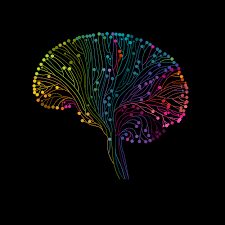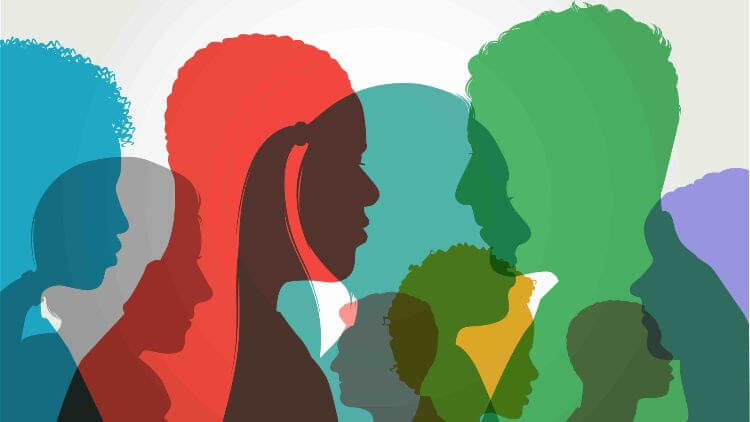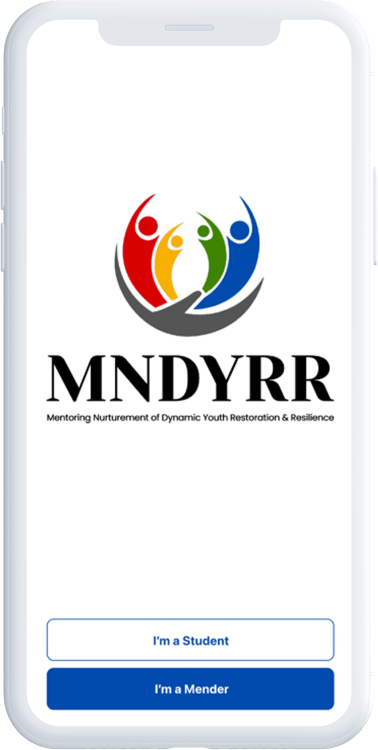Several years ago, I read a fascinating article in The Intelligent Optimist titled, Your Brain Is a Rain Forest, and it led me to a better understanding of the different intellectual strengths within our brains. While both nature and nurture impact our ability to succeed in life, it doesn’t mean the potential to learn and thrive within those confines recedes. Rather, it’s the lack of resources more so than the lack of brain capacity, and the wasted potential due to low socioeconomic status is indeed tragic. Poverty often leads to despair, and upward mobility is overwhelming for too many during those circumstances. Being in constant survival mode is an exhausting state of mind and one that negatively impacts our lives throughout adulthood. Resilience and grit aren’t as valuable for children as being supported by their village. In essence, the biodiverse strength their brains possess is derailed due to circumstances beyond their control. Therefore, redirecting their consciousness toward the strength of their dynamic minds has to be the goal rather than aiming for a perceived sense of normalcy. Brains should be viewed through the lens of an ecosystem rather than a machine.

The youth mental health crisis has led to a wide-scale derailment of our collective potential and dignity. Moreover, the stigma associated with mental illness is a societal detriment that has only led to countless victims refraining from getting the help they need. As a result, this has led to a substantial increase in youth (under-18) suicide rates. Artificial intelligence (AI) is leading the way toward erasing that stigma by creating a judgment-free zone to allow adolescents to open up. Critics may dismiss this approach, but the solutions will require a dynamic approach because children and adolescents are of a dynamic nature. The status quo isn’t working, and it’s unacceptable. Our youth deserve better, and we must rise to the occasion. Their brains are a chaotic, yet beautiful mess and require compassion as well as flexibility. Social factors teach them that life can be unfair, unrelenting, and downright cruel at times, but nurturing support systems can restore coping mechanisms to enhance their resilience. However, many don’t have equitable access to such mental health services, and the continual shortage of school therapists and psychologists. Tech can only solve so much, but it can also serve as a great equalizer when it comes to equitable access to the mental healthcare needs of often overlooked children in rural and inner-city areas.
The whole-child approach is necessary to address the complex nature of the persistent challenges facing at-promise youth and requires more than a collection of single-use apps for child welfare and education sectors. MNDYRR’s multi-use app meets youth where they’re at in the crossroads of the digital age, and our platform empowers them to navigate toward the positive nature of what social media could be and seek help within a safe and secure platform.

Adam Starks, Ph.D. is the Founder & CEO of MNDYRR Technologies, Inc. For more information, please visit https://mndyrr.com and https://adamstarks.com.





